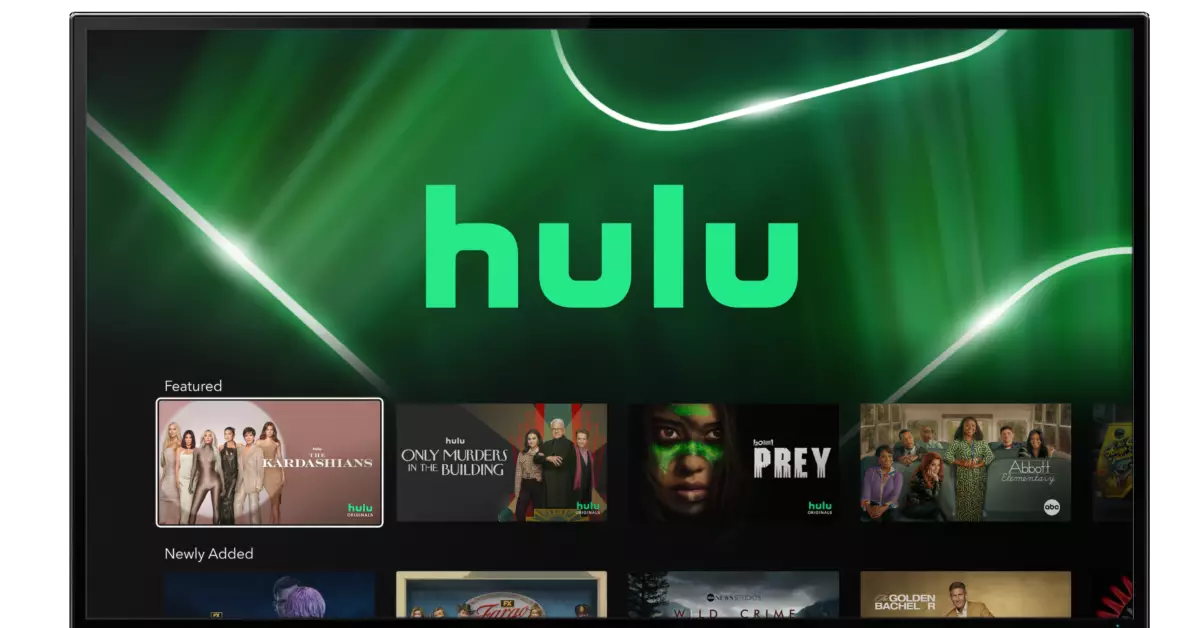Hulu has recently implemented changes to its Terms of Service, which will have significant implications for its users. The updated terms explicitly forbid password sharing outside of the user’s primary personal residence. Previously, Hulu did not have any specific guidelines regarding account sharing. However, in order to align with the industry trend and crack down on freeloaders, the streaming service has taken this decisive step.
The reasoning behind Hulu’s crackdown is not surprising, as Netflix successfully mitigated password sharing by enforcing stricter rules. This action resulted in an increase in sign-ups for the platform. Furthermore, Disney CEO Bob Iger expressed interest in following a similar path, and Disney Plus has already initiated its own password sharing crackdown. Given that Disney will soon control Hulu entirely, it is unsurprising that the two platforms are aligning their policies.
The Revised Account Sharing Policy
Under the updated terms, Hulu users are prohibited from sharing their subscription beyond their primary personal residence. Hulu defines “household” as the collection of devices associated with the user’s primary personal residence and limited to individuals who reside there. Certain Service Tiers may have additional usage rules. The company has reserved the right to analyze users’ account usage to ensure compliance with this policy. In the event of a violation, Hulu may limit or terminate access to the service, as permitted by the agreement.
Implications for Users
Hulu subscribers have already started receiving emails informing them of the new account sharing limitations. The emails state that Hulu will assess compliance with the restrictions but do not specify how this assessment will occur or the timeframe for taking action. Hulu’s Help Center supposedly provides more detailed information on the account sharing policy, although no such articles are currently available.
A Shift in Streaming Subscription Culture
The crackdown on password sharing marks a significant shift in the streaming subscription culture. Previously, users were able to share their passwords with friends and family without any repercussions. However, with the rising number of streaming services competing for subscribers and revenue, companies are now prioritizing cracking down on password sharing to maximize profitability. This move is part of an ongoing industry-wide trend that shows no signs of reversing.
While password sharing has been a convenient and cost-effective way for users to access multiple streaming platforms, these restrictions may hit consumers’ wallets. Many viewers have relied on sharing accounts to have access to a variety of content without having to subscribe to multiple services individually. With the implementation of stricter policies, customers will now be compelled to purchase separate subscriptions for each streaming platform, resulting in increased costs.
Balancing Profitability and User Satisfaction
Streaming platforms face the challenge of striking a balance between maximizing profitability and satisfying their user base. While cracking down on password sharing may increase revenue in the short term, it may also lead to user dissatisfaction and potential cancellation of subscriptions. Companies must carefully consider the implications of these policies and find alternative ways to retain and expand their subscriber base.
As the streaming industry evolves, companies will undoubtedly continue to combat password sharing. However, the implementation and enforcement of these policies will remain a constant tug-of-war between profitability and user satisfaction. Striking a balance that addresses both the financial needs of the companies while also providing value and flexibility for consumers will be crucial for the future of account sharing in the streaming landscape.
Hulu’s decision to crack down on password sharing, following in the footsteps of other industry leaders, is seen as a necessary move to maximize revenue. While it may inconvenience users who have grown accustomed to sharing accounts, it reflects the ongoing changes in the streaming industry. As the landscape continues to evolve, the impact of these policies on both the profitability of companies and the satisfaction of subscribers remains to be seen.


Leave a Reply